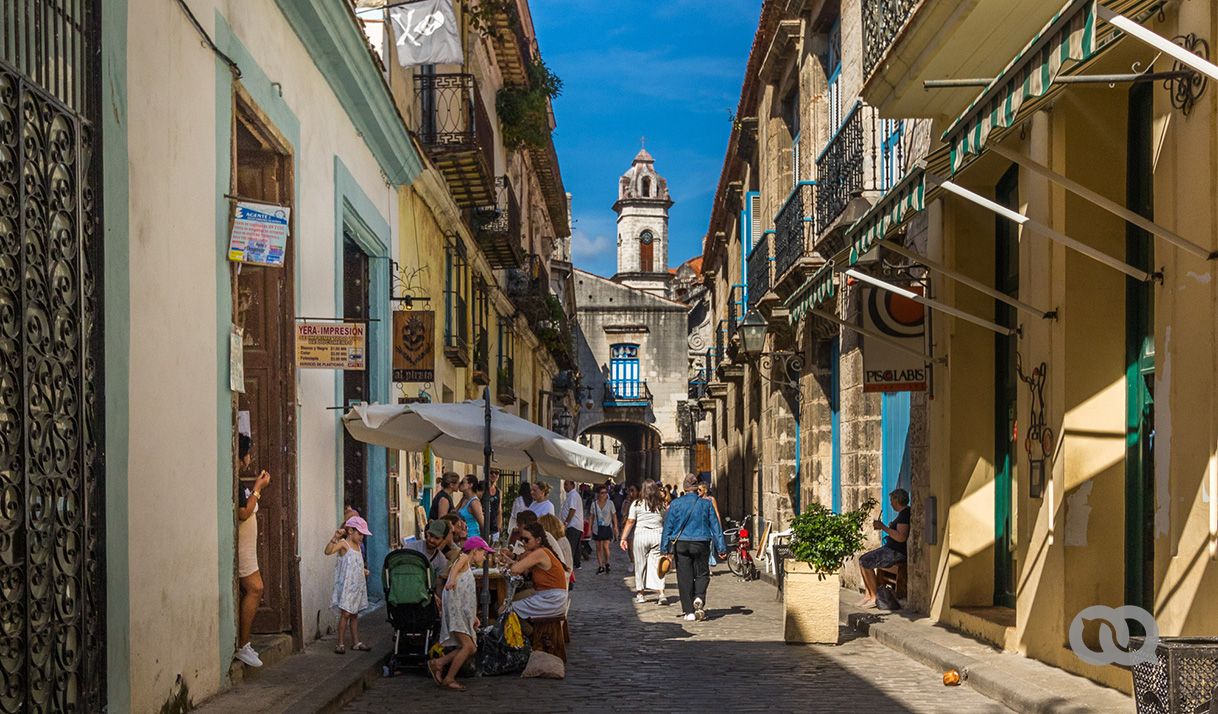After the US Government announced new measures for Cuba, the Akerman law firm based in Miami, and with members active in the thawing process of US-Cuba relations during Obama presidency, believe that many US business owners won’t take the risk again and enter the island with the same enthusiasm.
With 24 offices located across the US, these lawyers are basing this assumption upon the fact that cruise lines, airlines and other travel service providers have found themselves mixed up in legal proceedings for years because of lawsuits filed under Title III of the 1996 Cuban Liberty and Democratic Solidarity (Libertad) Act or Helms-Burton Act.
“It’s likely many US companies will think twice before entering the Cuban market again, and some might never go back. Companies that decide to operate on the island should consider the possibility of running extra diligence to minimize any potential exposure to lawsuits linked to the Helms-Burton Act. Anyhow, they aren’t expecting the same travel boom from the US that happened in 2015-2016,” they announced.
During the Obama Administration, Akerman’s clients grew from 12 to 25, including seven businesses with the highest gross annual income, according to Fortune magazine’s list.
They have guided and advised US business owners with an interest in investing in Cuba for years and specialize in the Law and relations between both countries. It is with this experience and expertise that the lawyers believe the announcement on May 16, 2022, came too late and is far too little.
OTHER MEASURES OF INTEREST
Just like the experts explained in a newsletter on May 25th that included different points, the first measures to be implemented are stepping up travel to the island and eliminating the cap on remittances.
On June 8th the US Department of the Treasury announced the elimination of the 1000 USD limit every trimester for remittances and updated requirements for sending money in this way for independent, religious, civil society NGOs and the self-employed.
Regarding US citizens traveling to Cuba, while individual visits known as “people to people” visits are still banned, group trips for educational activities under certain circumstances are now authorized: “accompanying an employee, paid consultant or agent from a sponsored organization; having a full-time program of activities that have the mission of improving contact with the Cuban people, supporting civil society in Cuba or promoting Cuban people’s independence from the Cuban Government; and that lead to meaningful interactions with people in Cuba.”
Akerman explained that “other [changes] like those announced for technology using the Internet and e-commerce platforms could take longer. US citizens aren’t authorized to engage in any of these activities until the new law is published.”
They also took the news of more visa applications being processed by the US Embassy in Havana with a pinch of caution. There have been very few personnel working at the embassy for almost five years, and there is a back-log of applications. It’ll probably take a few months before the Embassy has enough personnel working again and to get on top of all the applications.
Remittances and e-commerce platforms are another complicated “point”, according to the lawyers. “[Contrary] to popular belief, the Trump Administration never banned remittances to Cuba. However, it did become illegal for US banks and companies [to deal] with certain Cuban entities involved in the business of processing remittances and payments,” they explained. “It’s hard to see how US money-sending and e-commerce companies can work in Cuba without certain changes to Cuba’s financial services sector, which have yet to be made.”
Akerman believes that it is still too early to know whether these changes are a one-off solution to try and fix the economic crisis in Cuba with the illegal flood of migrants this results in, or whether it is the beginning of Biden’s new policy towards Cuba. We’ll have to keep an eye on the Office of Foreign Assets Control at the US Department of the Treasury and the Bureau of Industry and Security of the US Department of Commerce, who are responsible for managing sanctions to Cuba and will need to publish amendments to federal regulations.
The turning point of these measures announced by the US Administration has also been assessed by Scott Hamilton, a retired diplomat who was Deputy Chief of Mission and Charge d’Affaires in Cuba, and director of the Office of Central American Affairs, as well as holding other positions.
According to Hamilton, the Biden Administration has its own share of guilt in betraying the Cuban people and these measures don’t go far enough. He says that “it’s time to renew full constructive engagement, including individual US travel, and stop punishing the Cuban people for the sins of an elite over which they have no control.”
With experience as the deputy chief of Mission at the US Embassy duting 2015-2017, he says that a more constructive US policy will benefit both countries, especially the Cuban people. The theory that economic sanctions will lead to a change in government has failed and doesn’t even stand up to the test of History.
As we know, presidential candidates are one thing and presidents are another, so Hamilton rebukes Biden for having promised to reverse Trump’s changes in his campaign, but has done very little up until now. What should be done? The diplomat says the Biden administration should re-open the embassy in Havana at full strength and process every request for asylum and visa application.
Second, the United States should restore travel rules that allowed individual Americans to visit Cuba and boost the Cuban private sector. “In themselves, such changes will not produce the regime change of Florida fantasy. But they will help to lighten the indelible stain on the diplomatic reputation of the United States that two generations of morally bankrupt policies have produced,” he concludes.
This article was translated into English from the original in Spanish.


If you believe that our journalism is important for Cuba and its people, we want you to know that this is a critical moment.
Behind each publication there is a team that strives to ensure that our products meet high quality standards and adhere to professional and ethical values.
However, to keep a close watch over government, demand transparency, investigate, analyze the problems of our society and make visible the hidden issues on the public agenda is an effort that requires resources.
You can contribute to our mission and that is why today we ask for your help. Select the way you prefer to send us a donation.









comments
We moderate comments on this site. If you want to know more details, read our Privacy Policy
Your email address will not be published. Mandatory fields are marked with *